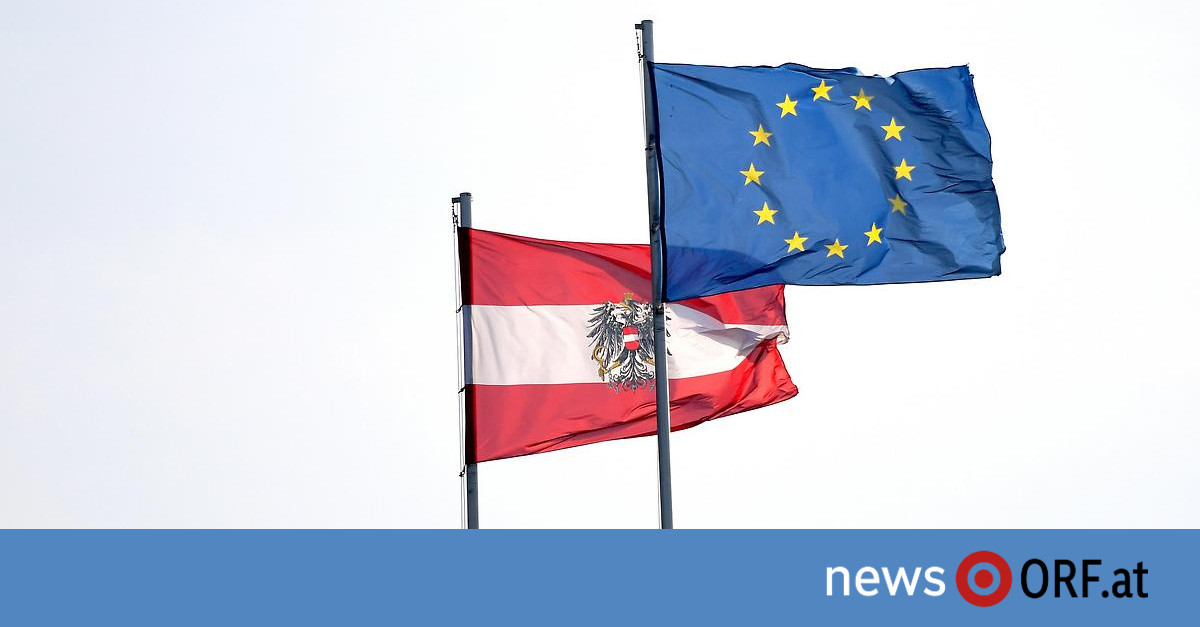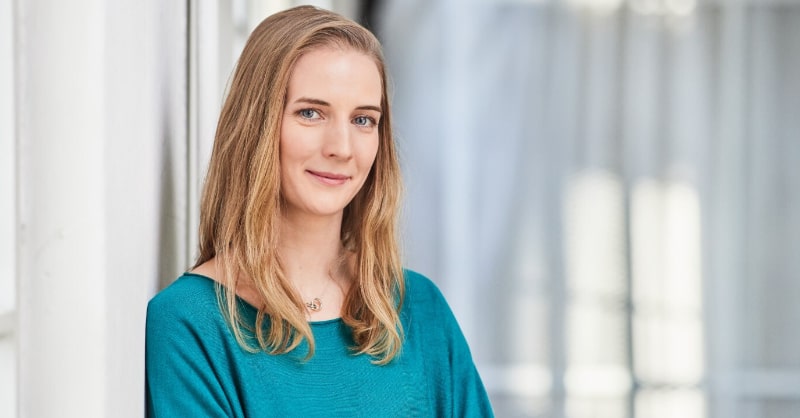State of the Union address: mixed reactions from Austria
The Vice President of the European Parliament, Othmar Karas (ÖVP), said that von der Leyen had addressed all important issues of the future and also announced the next necessary steps. It was crucial that von der Ley pointed out the fundamentals of the European idea, said Karas. “We need a revival of the idea of Europe.” This spirit must also emanate from the EU Parliament.
Europe Minister Karoline Edtstadler (ÖVP), on the other hand, called for “now to get from talking to doing”. Coping with the pandemic and its consequences as well as the green and digital change are “enormous challenges” for the EU, it said in a broadcast. In addition, there is an “urgent need for more speed” in the development of a common European asylum system.
At the same time, Edtstadler welcomed the fact that the future EU “will play a stronger geopolitical role”. When it comes to the rule of law, there should be “no false tolerance,” said the minister. However, the “dialogue at eye level” must also be continued.
Praise and criticism
Andreas Schieder, head of the SPÖ delegation in the European Parliament, missed the “big story”: “Many important topics such as care, digitization, climate protection, the expansion of the health and defense union were dutifully ticked off, real emotions did not want to arise,” said Schieder in one Broadcast.
He welcomed the promise to spend another 200 million vaccine doses and “more common engagement” in foreign and security policy. At the same time, he warned that Afghanistan had shown that “armament and militarization are not the way to pacify the trouble spots of the 21st century”.
Speech: Von der Leyen on the state of the EU
Climate protection, digitization, Afghanistan and above all the pandemic are the predominant issues in the European Union. The chairman of the EU Commission, Ursula von der Leyen, gave a speech on the State of the European Union on Wednesday.
Thomas Waitz, EU MEP for the Greens and co-chair of the European Greens, calls for “more coordination and cohesion for a real common foreign policy, the core of which is conflict prevention and peacebuilding”. There must also be community needs on the list of climate targets, said Waitz. “The governments of the individual member states must admit that the climate crisis will not only have massive economic and security-political consequences, but also socio-political consequences.”
“Europe’s weak points in view”
“The Union is currently too weak,” commented NEOS MEP Claudia Gamon. Crises such as the pandemic, Afghanistan and climate change would “highlight Europe’s weaknesses”. “Overall, we are not prepared for such crises for a long time,” said Gamon. The only way out is far-reaching reforms of the European Union, which must now be tackled in the conference on the future of Europe today: “What at the end of these reforms is clearer than ever before: a viable, efficient and citizen-oriented United States of Europe.”
“Now it’s about Europe not only talking, but also delivering,” said Christoph Leitl, President of the European Movement in Austria (EBÖ) – a platform for pro-European forces. “Only if Europe works together on the major issues of the future, from climate protection until after the pandemic, can we meet the future expectations of the young generation and survive the attractive competition of the systems.”




